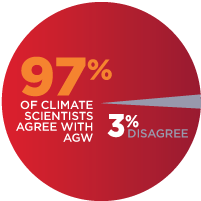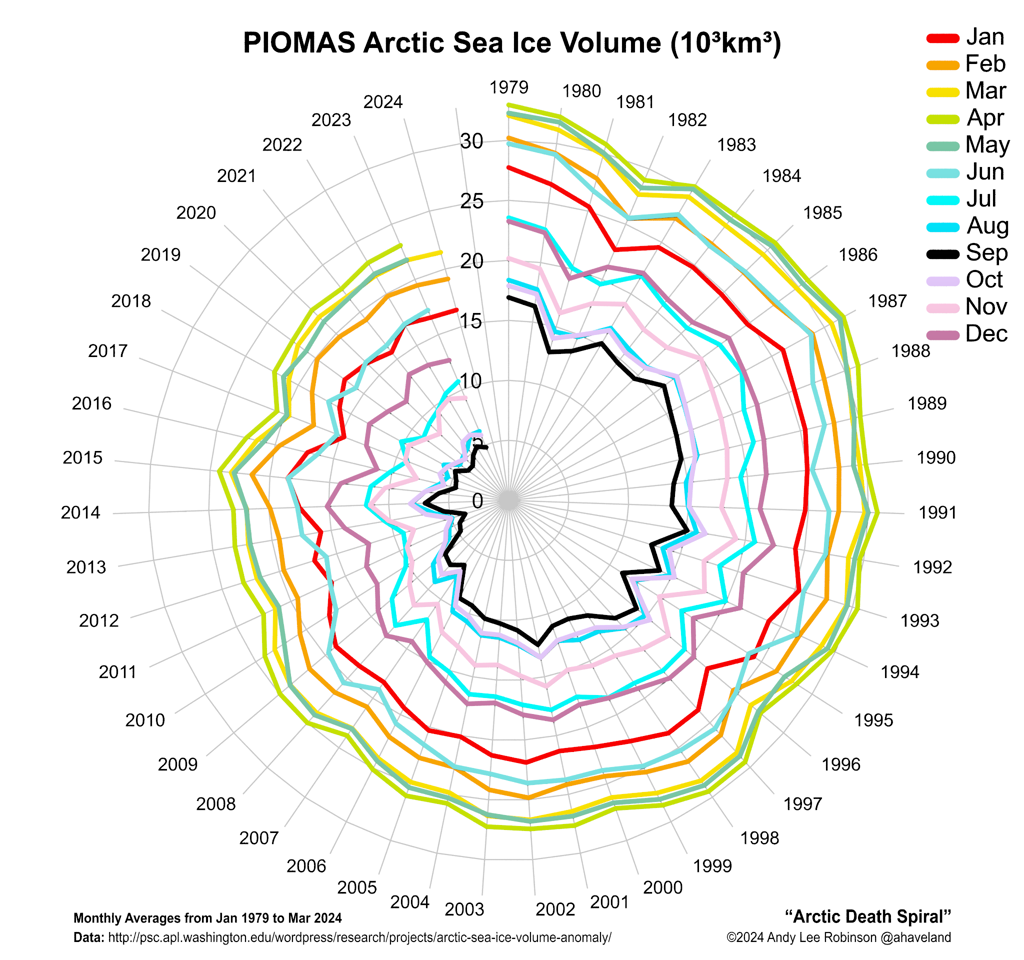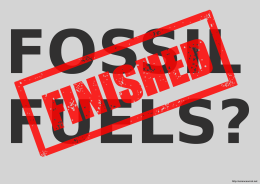Ostensible oppression of opposing opinions – claims of rights violated.
 |
If I accuse you of using red flag tactics, am I denying your right to free speech? |
How to recognise this tactic
In this tactic, people insist that their right to express their opinion, or their right to free speech, is being denied. This is their reaction to having their opinions dismissed, rejected or ignored by mainstream scientific forums. They refuse to accept that their opinions fail because they do not meet the standards for publication in those forums.
… the right to be heard does not automatically include the right to be taken seriously.
Why do people use this tactic?
People use this tactic when they lack real-world evidence to back up their opinions. They hope to convince their audience that their views are being suppressed by ‘the scientific establishment’. They appeal to well-worn notions such as “freedom of speech” or the “First Amendment”. Their aim is to convince us that we must give their ideas equal consideration to validly-derived scientific opinions simply because they choose to express them.
What’s wrong with this tactic
These people confuse their right to hold an opinion with a supposed right to have it taken seriously and promulgated in the media, in journals, at conferences etc. They often invoke conspiracy theories to explain that their voice is being suppressed by the scientific community.
In reality, most scientific forums have demanding criteria for acceptance. In particular, they require high standards of evidence and a peer review process. Opinions that cannot be supported by empirical evidence won’t pass the selection process.
What to do when confronted by this tactic
If people really are being denied their freedom of speech, it’s a serious matter, so don’t dismiss such claims offhandedly. However, when it’s made in relation to the scientific community, you should be skeptical. Science thrives on the competition of different models and ideas. It’s the dream of every up-and-coming scientist to make discoveries that change our current mode of thinking. The notion that a science establishment censors ideas that it doesn’t agree with is absurd. There are no doubt individual scientists who may try to discourage new ideas, but any concerted effort to implement blanket censorship would require a conspiracy so widespread that it could not possibly survive. The physicist Lee Smolin puts it like this:
… in science you must accept the fact that you live in a community that makes the ultimate judgment as to the worth of your work. But at the same time, everybody’s judgment is his or her own. The ethics of the community require that you argue for what you believe and that you try as hard as you can to get results to test your hunches, but you have to be honest in reporting the results, whatever they are. You have the freedom and independence to do whatever you want, as long as in the end you accept the judgment of the community.
When people use this tactic, try to find out what evidence they have to support their opinions and what evidence there is that they are being “silenced”. It nearly always turns out that their position has no foundation and the alleged censoring groups can see this a mile away. Don’t accept conspiracy theories, or the myth that scientists must toe the party line in order to attract grant funding as explanations for the imagined suppression.
Variations and related tactics
As explained above, perpetrators of this tactic like to invoke conspiracy theories to explain the rejection of their ideas. The Galileo gambit is another favourite, and they often display a form of single study syndrome, insisting that a lone contrarian study outweighs the prevailing weight of evidence on an issue. In trying to compensate for their perceived suppression, they put pressure on media outlets to fall for the false balance bias.
Examples
- On 16 May, 2014, The Times (London) published a story headlined “Scientists in cover-up of ‘damaging’ climate view“, which was subsequently picked up by other Murdoch media all over the world. The story began as follows:
Research which heaped doubt on the rate of global warming was deliberately suppressed by scientists because it was “less than helpful” to their cause, it was claimed last night.
In an echo of the infamous “Climategate” scandal at the University of East Anglia, one of the world’s top academic journals rejected the work of five experts after a reviewer privately denounced it as “harmful”.
The story was referring to a paper submitted to the journal Environmental Research Letters by Professor Lennart Bengtsson. The paper was rejected, and because Bengtsson had been associated with the Global Warming Policy Foundation, a well-known climate-denier organisation, The Times was keen to portray the rejection as suppression. Environmental Research Letters responded by releasing a statement that includes two of the peer-reviewers’ reports. This made it clear that the paper had been rejected on legitimate scientific grounds. Bengtsson himself told the Science Media Centre:
I do not believe there is any systematic “cover up” of scientific evidence on climate change or that academics’ work is being “deliberately suppressed”, as The Times front page suggests.
… I accept that Environmental Research Letters is entitled to its final decision not to publish this paper – that is part and parcel of academic life. The peer review process is imperfect but it is still the best way to assess academic work.
Dana Nuccitelli recounts the full story at The Guardian and Graham Readfearn has good accounts at DeSmogBlog (here and here).
- In April 2014, Australian attorney-general, George Brandis, in an interview with Spiked, showed he had no idea how science really works:
… he has nonetheless found himself ‘really shocked by the sheer authoritarianism of those who would have excluded from the debate the point of view of people who were climate-change deniers’. He describes as ‘deplorable’ the way climate change has become a gospel truth that you deny or mock at your peril, ‘where one side [has] the orthodoxy on its side and delegitimises the views of those who disagree, rather than engaging with them intellectually and showing them why they are wrong’.
Brandis clearly misunderstands the issue. As Peter Ellerton explains at The Conversation:
The fact is that deniers of climate science are as free as anyone else to make their case. That the case is not being made is not a function of suppression, it is result of lack of evidence.
… Deniers of climate science are not being excluded, they are being asked to step up. That they are failing to do so is nobody’s fault but their own.
Other articles at The Conversation examining Brandis’ stance can be found here and here.
- In the first few decades of the 20th century, climate scientists generally agreed that the addition of additional carbon dioxide to the atmosphere would not result in global warming. The Swedish scientist Svante Arrhenius had calculated in the late 19th century that a doubling of CO2 would result in 5-6°C of warming. His successors decided his calculations had been wrong, and dismissed his ideas. In 1938, Guy Callendar, an English engineer whose hobby was meteorology, took a fresh look at the problem. He gathered data on temperatures and atmospheric carbon dioxide concentrations, carried out new calculations, and published his theories. Although his ideas did not persuade the majority of climate scientists at the time (his data was not reliable and his calculations very much simplified), they were not rejected outright, even though Callendar could be considered an outsider. Callendar was certainly not suppressed, and a significant number of climate scientists kept his ideas in mind until more accurate measurements and better climate modelling vindicated them in the 1960s. For the full story, see Spencer Weart’s excellent The Discovery of Global Warming.
Further reading
Crafty contrarians and wily watchdogs – donning the mantle of shrewdness
No, you’re not entitled to your opinion by Patrick Stokes at The Conversation.
A Scientific Debate by Bill Ruddiman at RealClimate.
Silencing opinions vs. managing misinformation: Do skeptics suppress opposing viewpoints? by Fallacy Man at The Logic of Science.
The Free Speech cartoon is from xkcd.
Hubert Humphrey’s quote is from an address to the National Student Council, University of Wisconsin, August 23, 1965.
Lee Smolin’s quote is from “Loop Quantum Gravity” at Edge, 2003.
| This is one of ScienceOrNot’s Science red flags. See them all here. |










Having arrived to this blog after reading your amber bead thread, I was interested in your view point on this subject. I surmise you lean to a scientific stand point and base your opinion of the road most scientific proven. Myself I follow my own open minded approach, I’m in the risk business and so understand the importance of the mean, however I can see the impact of an outlier event.
Having set my background, my opinion is that blindly following is dangerous whether you follow scientific opinion or old wives tail. Good science builds on understanding, takes others work stresses it, finds holes weaknesses and develops alternative theory, in the pharma business, scientific pursuit is tailored to demand (returns), which scares me. I think that an evidenced opinion is stronger than heresay or gut feel, but gut feel and alternative opinion have their place in a good argument. Moving from science to business, there is a lot of importance to holding an alternative opinion, and indeed gut feel, and often the person that can review a vast amount of data and come up with their opinion on the best way, is likely to be the most rewarded. The guy that analyses every option first is likely to be too late.
My science is not the most updated, and following latest developments at CERN I might be outdated, but, scientific argument regarding the Big Bang was an unproven assumption. Essentially, something had to get us from A to C and the Big Bang had to be B, I may argue some alternative being created C. There are lots of examples where science opinion has proved wrong, indeed shooting back to pharma, there’s tonnes of proof that science fact can be wrong, particularly when you look only for the mean and forget about the cost of the outlier (patient death etc).
We are in our present developed position because of the great work of science, and without a doubt, the world is better for the scientific method and it’s application against scientific and real world claim, but as our knowledge and understanding grow, sometimes the guy with an alternative opinion and the gumption to go and prove it turns out to be hero.
Borisontherock, I appreciate your point of view. For my viewpoint, you could refer to my Galileo Gambit red flag. I realise you are not claiming that your outliers are persecuted, but it clarifies my position on mavericks. Yes, sometimes the maverick turns out to be the hero, but it’s very very rare, and, as you’ve pointed out, it all hinges on whether he/she has the “the gumption to go and prove it”. I think it’s understandable that the scientific community does not lightly surrender hard-earned models to vague ideas from mavericks. But if there’s compelling evidence, it’s a different story. Witness Wegener with his continental drift – a perfectly good idea, but you can’t blame the geologists of the time for dismissing it when there was not even a remotely feasible mechanism to explain how it could be driven. To capitulate to his theory and abandon more explanatory ones would have been irresponsible. After Hess, of course, the whole picture changed. To me, you can’t argue that scientists should seriously entertain every contrary idea that comes along, just in case one of them turns out to be correct. Keeping an open mind means being receptive to fresh ideas that have some kind of evidence to support them, not to let them in indiscriminately.
My tactic for dealing with this is to take them too seriously. I ask the for the name of the jail in which they are being (insert several adjectives for unfairly here) held and the name of the goverment official that (repeat the sequence of the adjectives here) held them there.
I then badger them with this question until I get an answer.
The answer I generally get is some tantrum along the lines of ‘how dare you accuse me of being imprisoned’. I respond that I quite agree that they are unfairly held there and we repeat until eventually, they admit they aren’t jailed.
Then I ask them to cite laws restricting their freedom of speech. When they can’t cite the statute, i then talk about social consequences and how what’s actually happening is that they’re exercising their freedom of speech to spout hogwash and other people are exercising their freedom of speech to call them out on it.
Then I ask them not to be so dramatic about it.